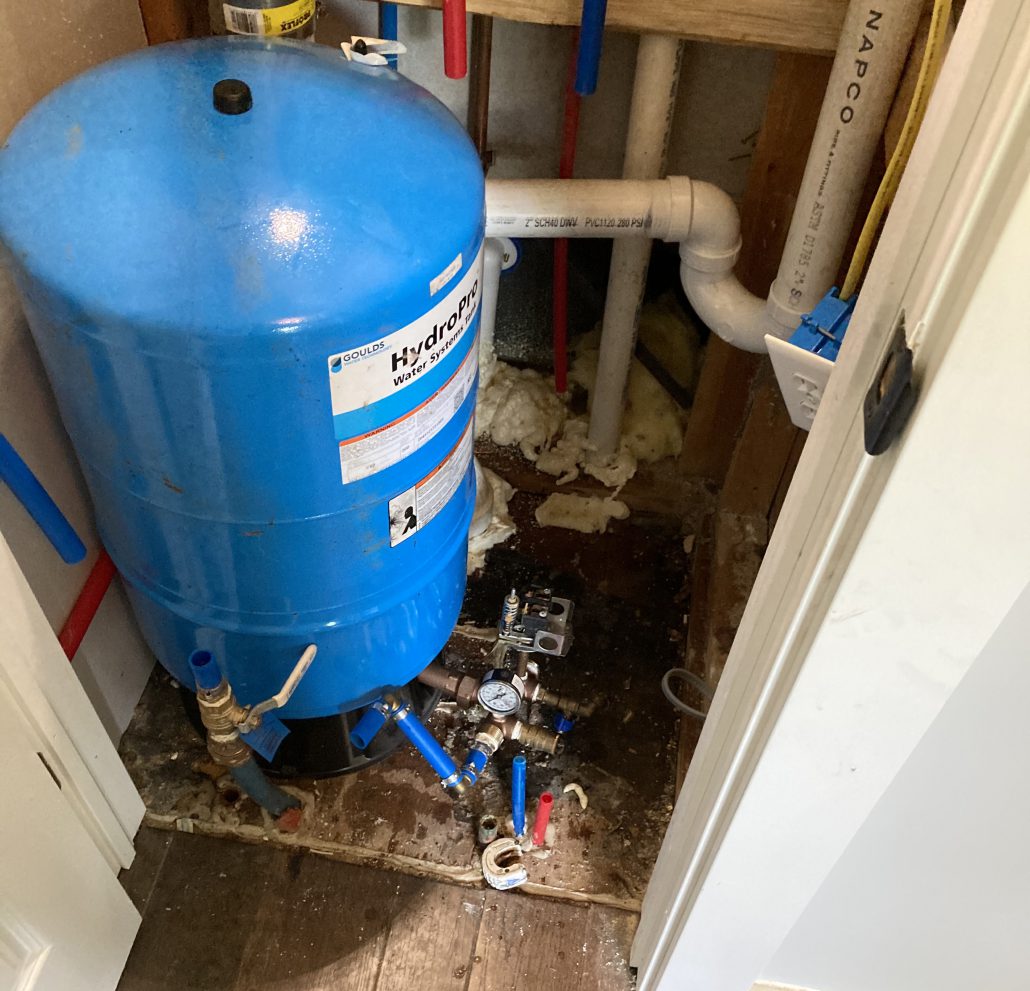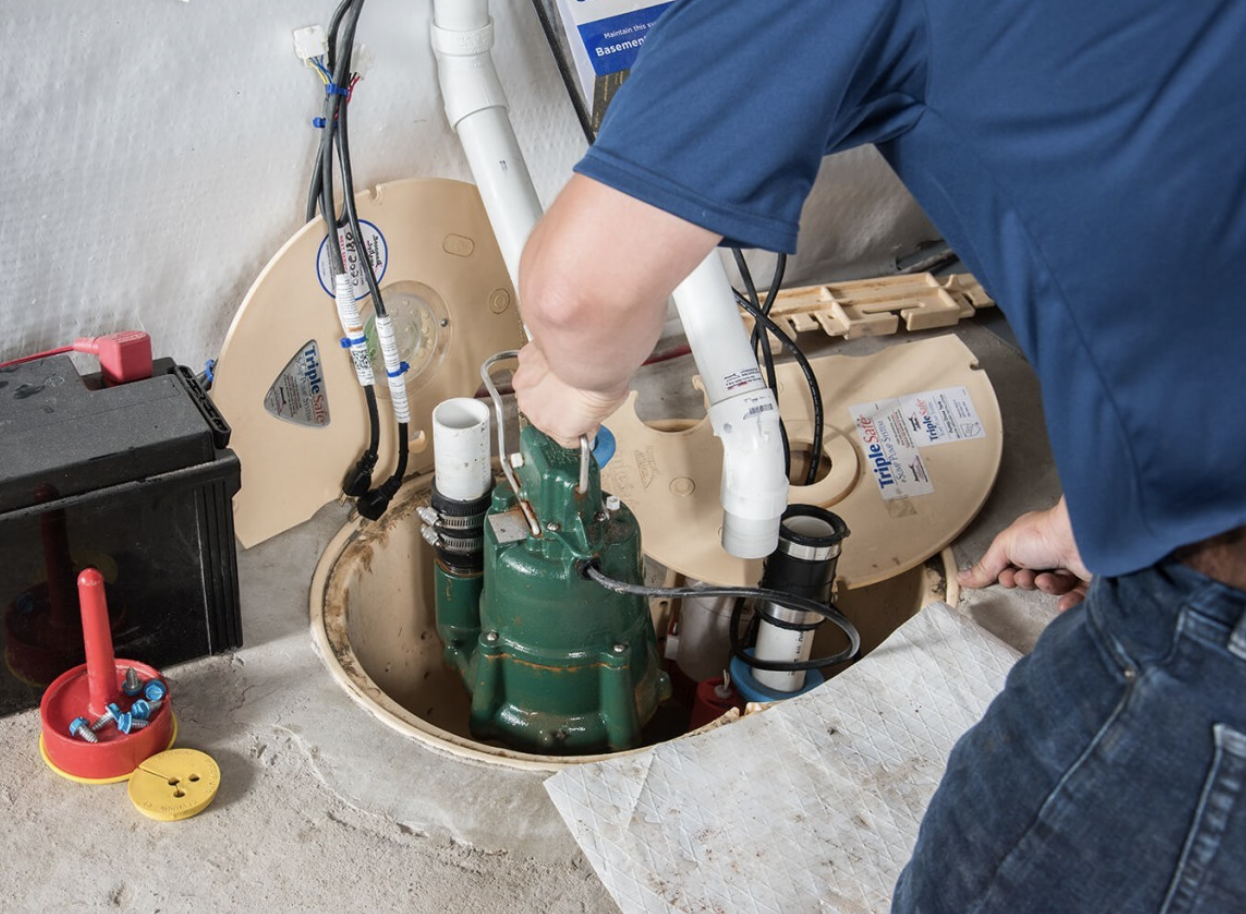Advanced Water Softeners: Bid Farewell to Hard Water Woes Permanently
Advanced Water Softeners: Bid Farewell to Hard Water Woes Permanently
Blog Article
Comprehending the Trick Elements of Effective Water Purification Equipments

Value of Water Purification Systems
Water filtering systems play a vital role in making certain access to tidy and secure alcohol consumption water by efficiently eliminating pollutants and contaminations. These systems are vital in resolving the expanding concerns over water high quality and the possible health and wellness dangers related to taking in polluted water. By making use of different purification mechanisms such as reverse osmosis, turned on carbon, and UV sanitation, water filtration systems can successfully get rid of harmful materials like bacteria, infections, heavy steels, and chemicals from the supply of water.
In addition, water filtering systems aid to improve the preference and smell of water by getting rid of chlorine, sediments, and various other pollutants that can influence its quality. Water Treatment. This enhancement in water high quality not just makes it much more palatable yet also motivates people to consume alcohol a sufficient quantity of water daily, advertising better hydration and general wellness
Sorts Of Filtering Elements

Physical filters are designed to physically stress out impurities from the water. These filters can be made from products like ceramic, carbon, or also sand, and they function by capturing particles larger than the filter's pores as water goes through.
Chemical filters make use of numerous chemical processes to eliminate impurities from the water. Examples include activated carbon filters, which adsorb pollutants, and reverse osmosis membrane layers, which utilize stress to different pollutants from the water.
Organic filters make use of living microorganisms like microorganisms or algae to break down raw material and contaminants in the water. These filters are usually made use of in wastewater therapy plants or all-natural water filtration systems.
Comprehending the various kinds of purification parts is critical for selecting the most suitable water purification system for specific filtration requirements.
Feature of Debris Filters
Debris filters play a critical duty in water purification systems by successfully catching solid particles suspended in the water. These filters are typically the first line of protection in a purification system, eliminating larger particles such as sand, silt, dust, and corrosion before the water moves via finer purification phases. By trapping these sediments, the filters stop them from getting to downstream elements, thus expanding the life expectancy and effectiveness of the entire system.
Neglecting this maintenance can lead to obstructing, decreased water circulation, and compromised filtering effectiveness. Generally, sediment filters are vital parts that contribute substantially to the effectiveness of water filtering systems.
Duty of Activated Carbon Filters
Playing a critical role in water filtering systems, turned on carbon filters are instrumental in eliminating contaminations and impurities from the supply of water. These filters are created to adsorb and trap a vast range of pollutants, including chlorine, unstable natural substances (VOCs), chemicals, and herbicides. The activated carbon material has a large area, permitting the effective capturing of impurities via a procedure called adsorption. As water goes through the filter, the activated carbon draws in and holds onto the pollutants, making certain that the water that appears on the various other side is cleaner and more secure for intake.
Turned on carbon filters are extremely effective at boosting the taste and smell of water by lowering chemicals that can affect its top click here for more info quality. Due to their adaptability and reliability, turned on carbon filters are an essential component in making sure that water is purified to he has a good point the highest possible requirements prior to reaching customers.
Comprehending Reverse Osmosis Equipments
Reverse osmosis systems are sophisticated water purification systems that employ an advanced procedure to get rid of contaminants and pollutants from alcohol consumption water. These systems function by applying pressure to the water, requiring it via a semi-permeable membrane layer.
Furthermore, reverse osmosis systems are fairly low-maintenance and can be set up under the sink or in a central purification system, providing hassle-free access to clean water throughout the home. Overall, understanding how reverse osmosis systems function can aid people make notified decisions concerning their water purification requirements.
Final Thought
Finally, effective water purification systems are crucial for guaranteeing secure and clean drinking water. The vital elements of these systems include debris filters, triggered carbon filters, and reverse osmosis systems. By recognizing the feature and role of each part, people can make informed choices when choosing a water filtering system. It is necessary to focus on the high quality of water in order to promote total health and wellness and well-being.
Water filtration systems play a critical function in making certain access to risk-free and tidy drinking water by successfully removing pollutants and impurities. By utilizing different purification mechanisms such as reverse osmosis, triggered carbon, and UV sanitation, water filtration systems can effectively remove hazardous compounds like microorganisms, infections, hefty metals, and chemicals from the water supply.
Sediment filters play a critical role in water filtering systems by successfully recording solid particles suspended in the water (Water Filtration Systems).Playing a vital duty in water filtration systems, activated carbon filters are important in browse this site eliminating impurities and pollutants from the water supply.Reverse osmosis systems are sophisticated water filtering systems that use an innovative procedure to get rid of contaminants and impurities from drinking water
Report this page